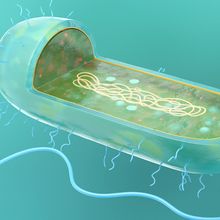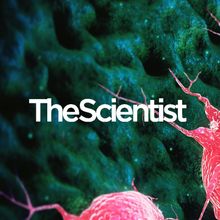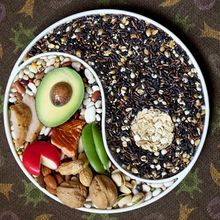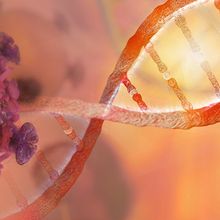ABOVE: MRC Weatherall Institute of Molecular Medicine
Vincenzo Cerundolo, an immunologist at the University of Oxford, died last week (January 7) of non-smoking-related lung cancer. He was 60.
Cerundolo “is a scientific star for his discoveries,” Netherland Cancer Institute oncologist John Haanen and University of Lausanne cancer researcher Solange Peters wrote last year on a GoFundMe page to help raise funds for Cerundolo’s treatment. “Apart from his great scientific work (he is still publishing!), [he] is a fantastic and warm human being, and a very dear friend.”
Cerundolo was born in Lecce, Italy, on December 20, 1959 and later studied medicine at the University of Padua, where he stayed, earning his PhD in immunology in 1987. He then moved to the Medical Research Council (MRC) Weatherall Institute of Molecular Medicine at the University of Oxford for a postdoc with Alain Townsend, where he investigated the way T cells recognize...
In scrutinizing the major histocompatibility complex (MHC), part of the adaptive immune system used to recognize foreign molecules, he found that TAP genes are associated with transporting peptides that the surface recognition elements expressed on cells, the MHC class I molecules, present. He showed that defective TAP genes could cause human illness.
His studies revealed a link between a peptide’s length and its ability to bind to MHC class I molecules. They illustrated how proteasome breakdown of antigenic proteins plays a critical role in the way cells present antigens. And they also explained details of how lipid antigens are detected by T cells and how to boost the effectiveness of the immune system using natural killer T cells.
“These seminal findings have opened up novel therapeutic strategies to enhance immune responses against cancer and pathogens,” according to a Royal Society biography of Cerundolo.
See “Searching for Lipid Antigens”
Cerundolo became the director of the MRC Human Immunology Unit in 2010, a position in which he worked “tirelessly and passionately” to build the department so it had a “strong collaborative environment with a positive and inclusive culture,” according to an MRC statement. “He brought together people from different disciplines and took enjoyment in seeing investigators thrive in such a warm environment . . . [and] was held with great affection by those fortunate enough to work with him.”
Surviving Cerundolo are his wife and two children.
Ashley Yeager is an associate editor at The Scientist. Email her at ayeager@the-scientist.com. Follow her on Twitter @AshleyJYeager.
Interested in reading more?





